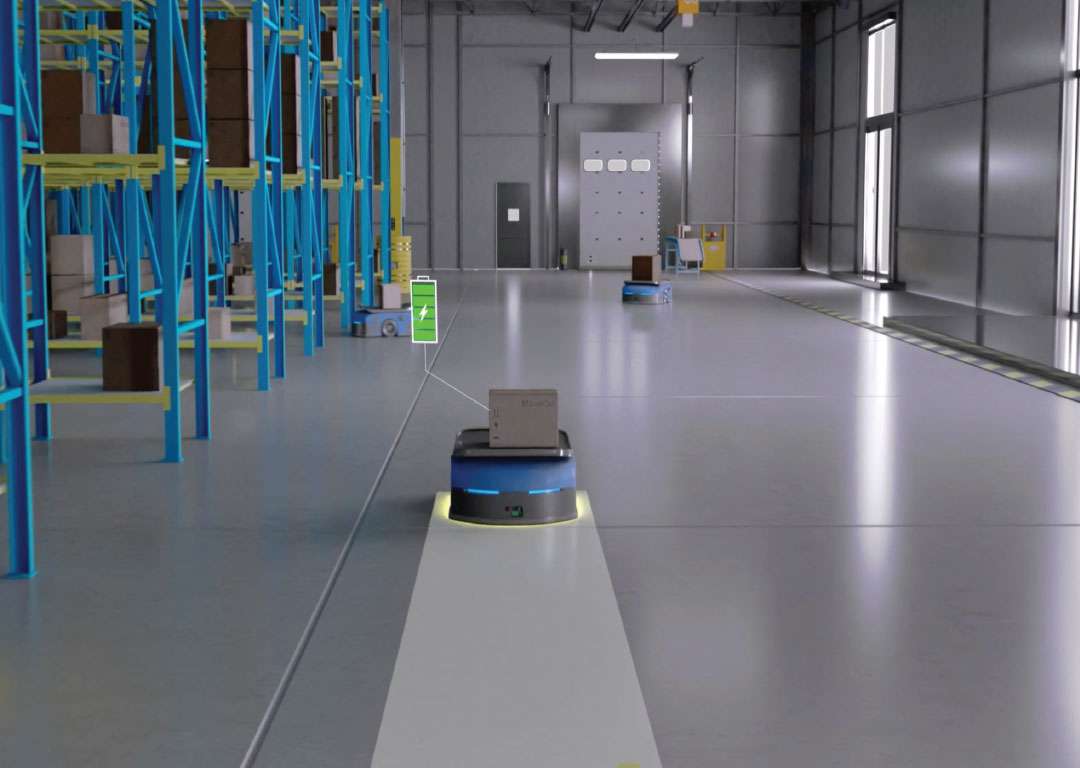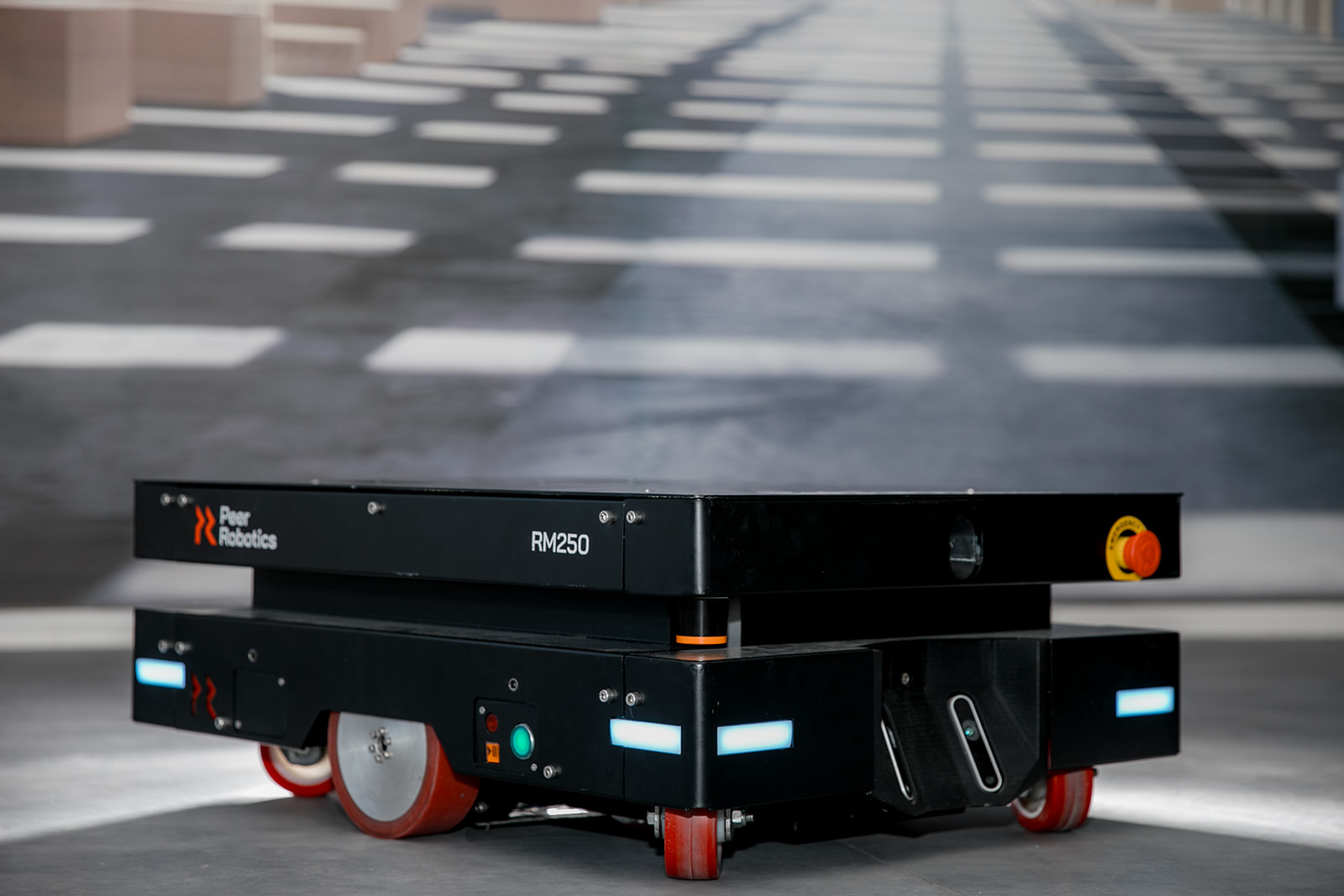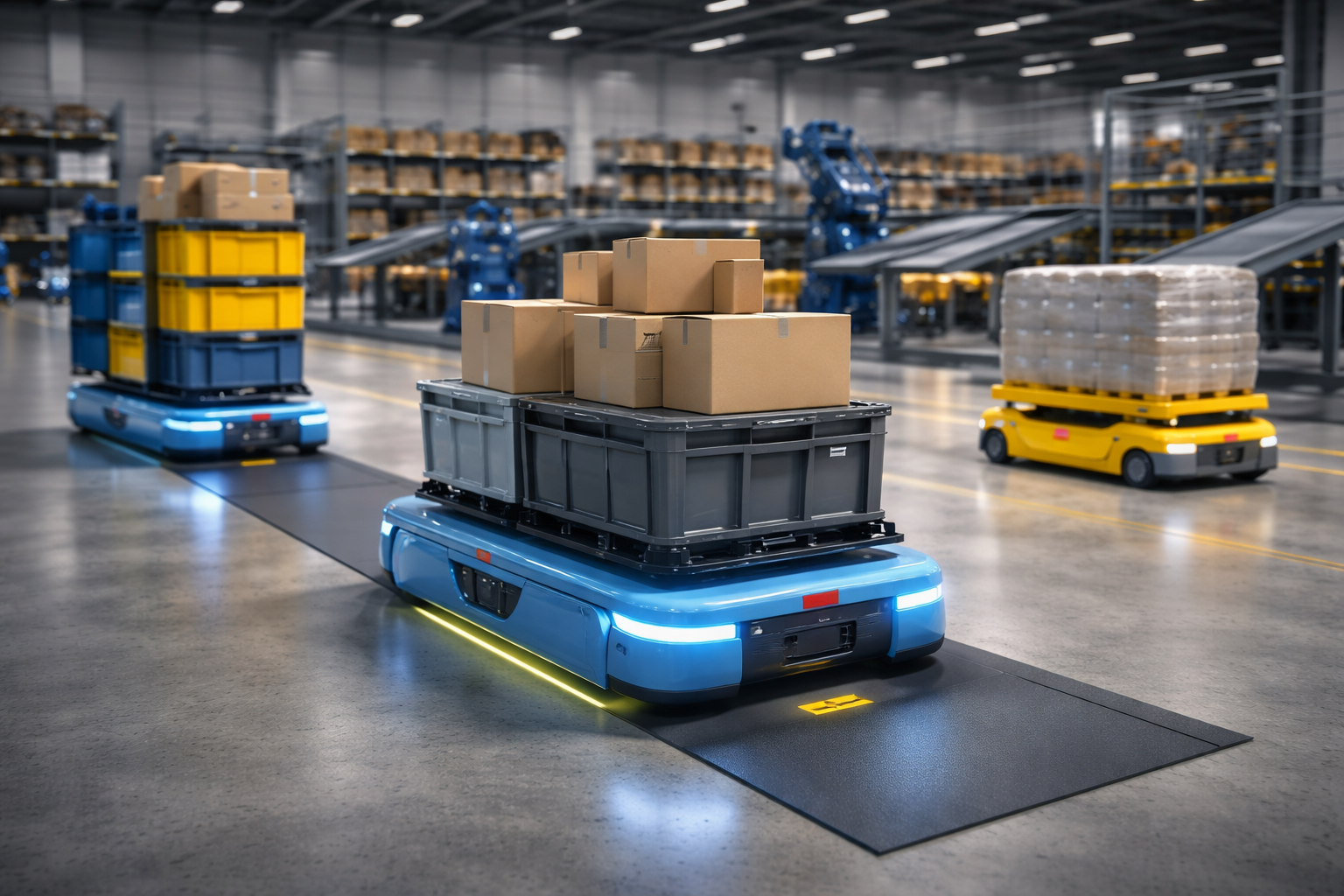As global supply chains face unprecedented disruption, companies are turning to Industry 4.0 technologies to future-proof their operations. In the U.S., recent reports show that over 80% of companies are battling supply chain issues due to geopolitical instability, climate impacts, and shifting trade patterns. Automation and AI are now critical tools in mitigating these risks.
Supply Chain Resilience: More Than a Buzzword
As companies adapt to rapid changes, automation has emerged as a key factor in building supply chain resilience. The pandemic highlighted vulnerabilities within global supply chains, prompting many organizations to reconsider their reliance on manual processes. According to a Deloitte report, 55% of U.S. executives cited supply chain disruptions as their top business challenge in 2023.
This need for real-time, data-driven decisions is where AI and IoT step in. With predictive maintenance and automated inventory optimization, businesses can anticipate bottlenecks and allocate resources before disruptions occur. The implementation of Industry 4.0 solutions, such as autonomous mobile robots (AMRs), is transforming the logistics and manufacturing industries by allowing businesses to operate seamlessly- even in volatile environments.
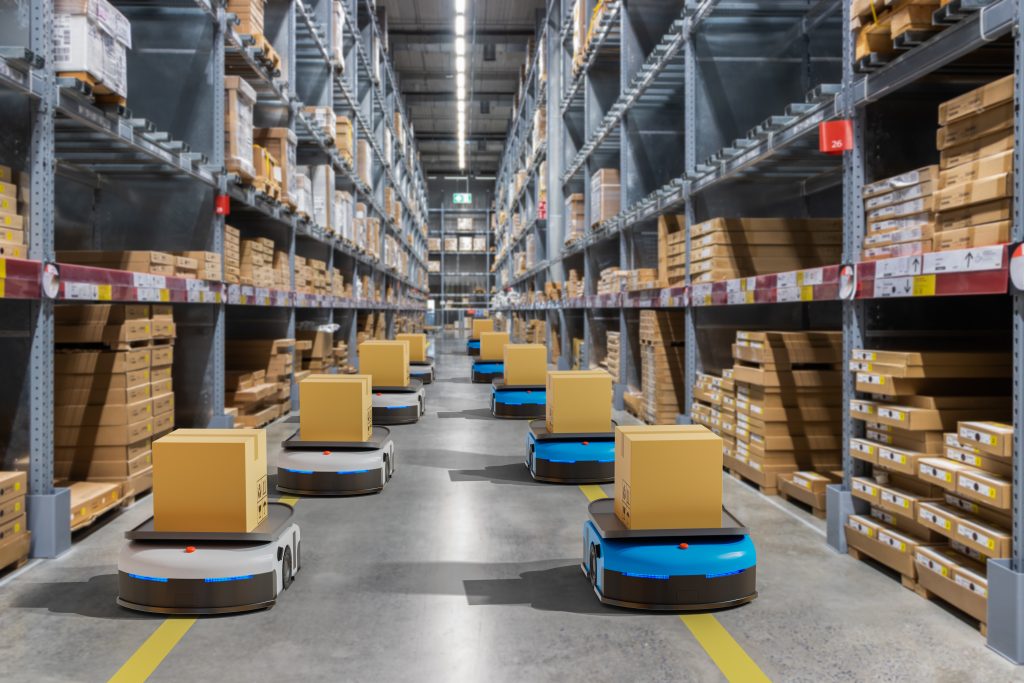
Trending Topic: Supply Chain Agility in 2025
With supply chain agility taking center stage in 2025, events like ProMat (March 17-20, 2025, Chicago) and Supply Chain USA 2025 (June 2025, Chicago) will dive deep into how AI-driven automation is transforming global operations. These platforms will showcase innovative solutions from top companies, focusing on real-time adjustments, risk mitigation, and predictive analytics for supply chain management.
At these events, industry leaders will discuss automation’s role in adaptable supply chains, especially in mitigating the impacts of climate change and geopolitical crises. Industry 4.0 solutions that allow for scalable, flexible operations will dominate the conversation.
CaPow’s Role in the Industry 4.0 Revolution
While many focus on data and logistics improvements, innovations in energy efficiency are playing a quiet but vital role. CaPow’s Genesis solution, which offers in-motion charging for robotic fleets, ensures that operations never slow down due to energy limitations. This technology not only reduces downtime but also improves operational efficiency—making it easier for companies to weather disruptions. By cutting down the time robots spend idling, CaPow plays a key role in keeping logistics operations seamless and uninterrupted.
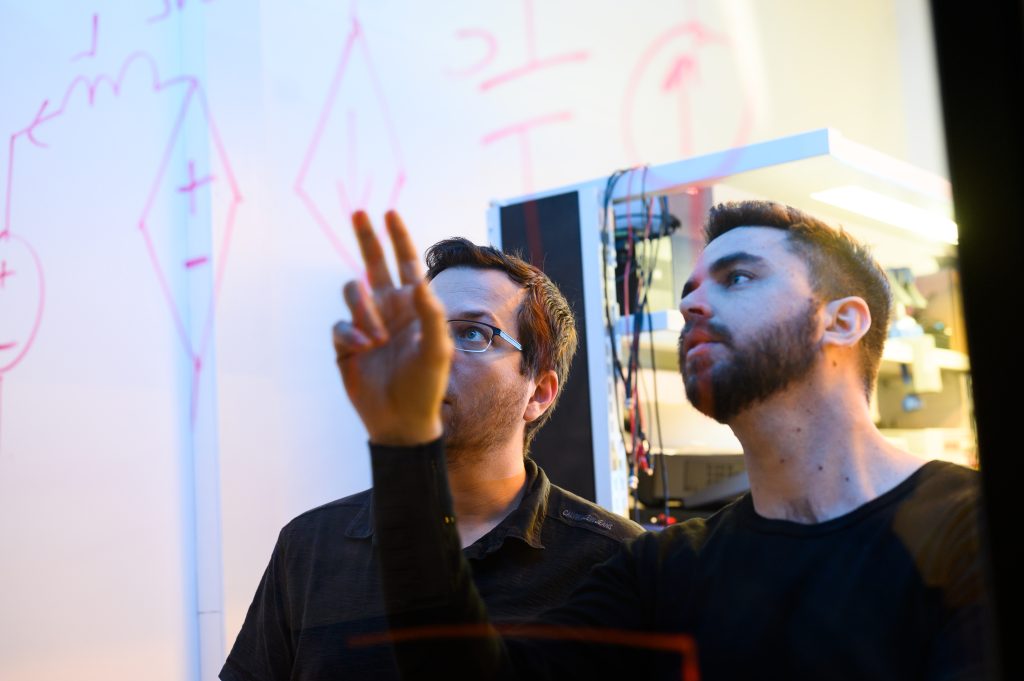
Looking Ahead: ProMat and Supply Chain USA 2025
With the challenges of supply chain management growing more complex, the conversation around Industry 4.0 and automation is becoming more urgent. Events like ProMat 2025 and Supply Chain USA 2025 are poised to highlight the critical role of automation in shaping the next generation of resilient, efficient, and scalable supply chains.
As supply chains become more automated, resilience is not just about managing today’s challenges but also preparing for tomorrow’s uncertainties. Solutions like CaPow’s Genesis offer not just a path to operational efficiency, but also a way to future-proof industries in an ever-evolving global landscape.
Conclusion: A Future Built on Innovation and Resilience
The future of supply chains depends on how companies embrace automation, AI, and energy-efficient technologies. Industry 4.0 is the key to unlocking agility, and as more businesses adopt these innovations, the supply chain of 2025 will be more adaptable and resilient than ever.
CaPow’s Genesis solution is already playing a part in this future, ensuring that fleets remain powered and productive, contributing to a seamless and agile supply chain that thrives in uncertainty.
